Description
Tao Zhi General Jar, Chinese Porcelain.
Description
Tao Zhi General Jar.
The Tao Zhi General Jar is part of our Ashmolean Collection. A traditional bulbous general jar with a wide-rimmed lid decorated with a peach branch in cobalt blue, laden with red fruit.
The piece is inspired by the design of a Qing dynasty vase held by The Ashmolean Museum.
Dimensions (l x b x h)
22cm diameter x 42cm high.
The Ashmolean Collection.
The Eastern Art collections at the Ashmolean Museum comprise around 30.000 objects including ceramics, textiles, sculpture, metalwork, paintings, prints and other decorative arts. There are a number of pieces in the Tradescant collection given to the University of Oxford by Elias Ashmole. This collection was the foundation of the Ashmolean Museum, which opened to the public in 1683. In 1949 the collection was joined by other collections of Eastern Art within the University to create a Museum of Easter Art. In 1962 the whole collection was to its current home and the Department of Eastern Art was established.
We are pleased to offer a collection of porcelain inspired by the objects in the Museums collection. These pieces date from Ming dynasty (1368-16440 and the Qing dynasty (1644-1911) when Chinese porcelain was more advanced than anywhere else in the world.
Our porcelain ginger jars, vases and pots are remarkably strong.
Materials
Porcelain
Colours
Blue, White with a pale green tinge
Weight
3280g
Packing
Brown carton
Free UK Shipping!
This item is held and will be dispatched from the UK.
Please note sizes are approximate.
These items are handcrafted using traditional techniques, therefore the items that you receive may differ slightly from the photo shown. Being individually carved and painted by artisans each piece is unique with its own character.
Artisan – Celebrating the best of traditional craftsmanship. These articles illustrate exquisite skill and incredible attention to detail. Mass production and the forces of globalization threaten artisan producers and their communities, who often struggle to adapt to the competition. UNESCO recognizes the importance of preserving traditional skills and knowledge and the benefits conferred when these skills are passed on, particularly within the same community.

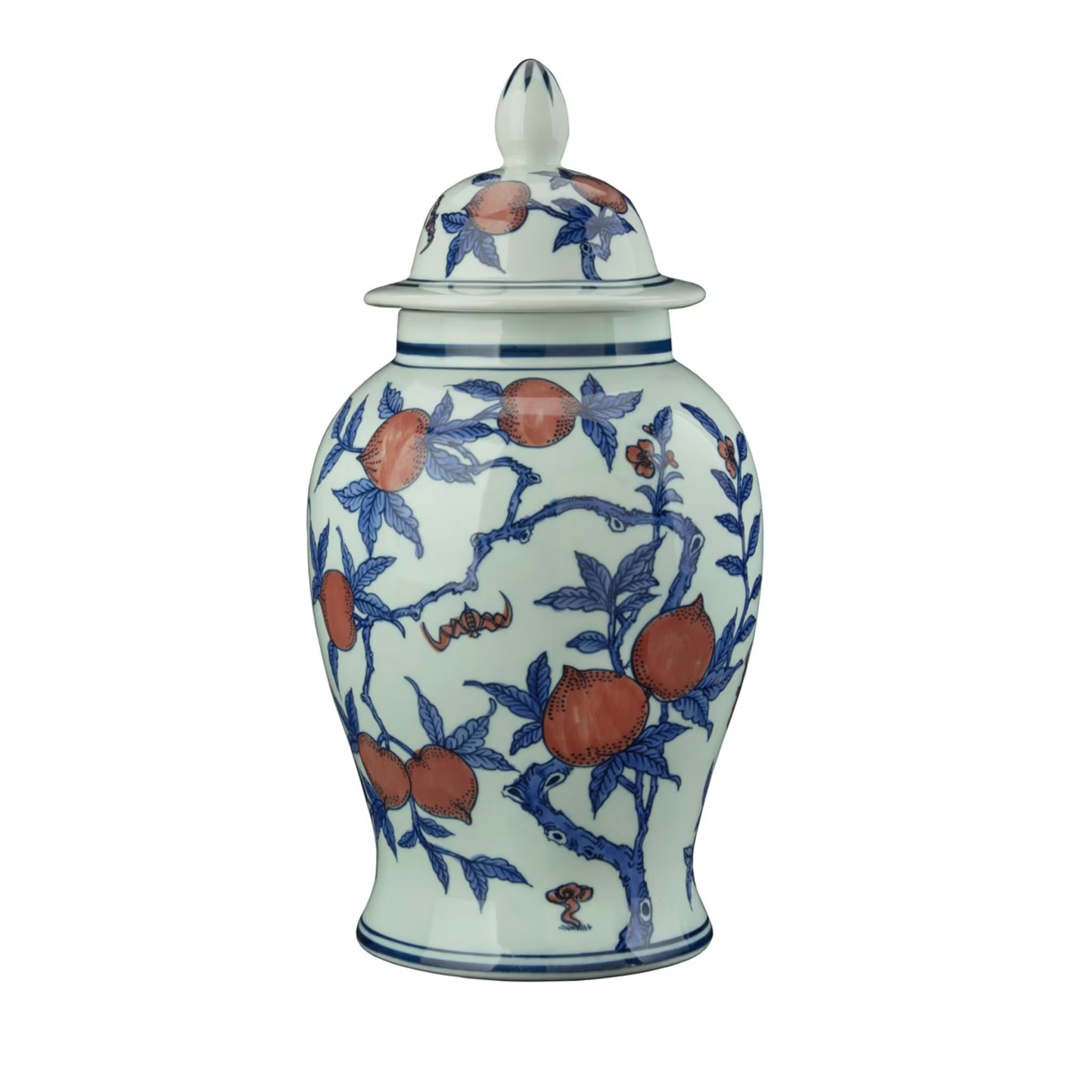
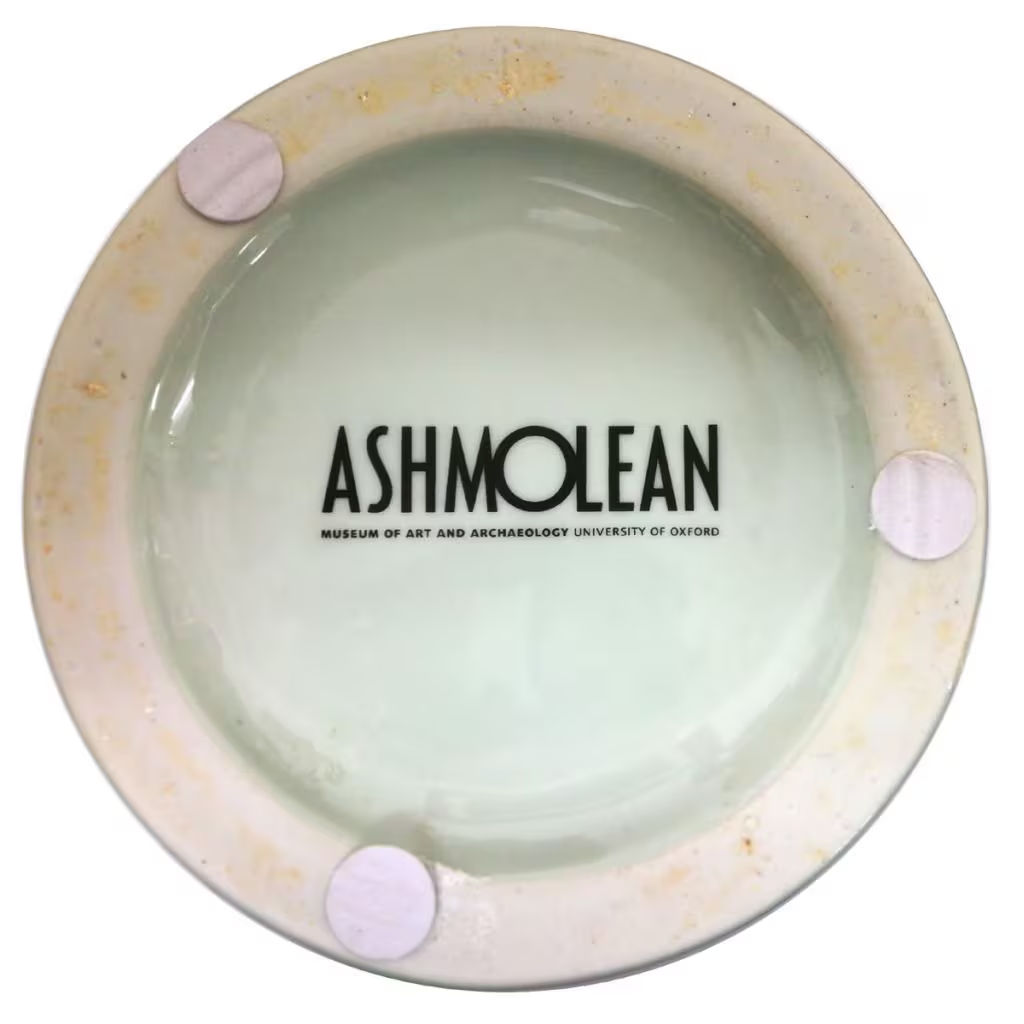

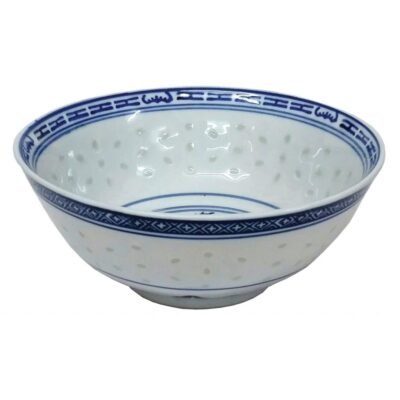
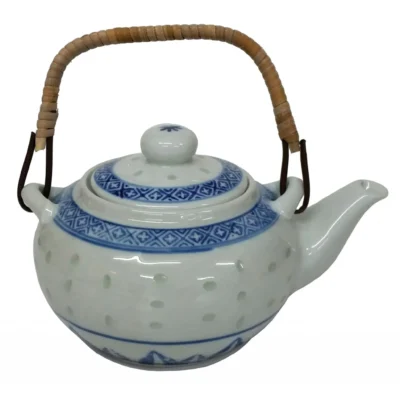
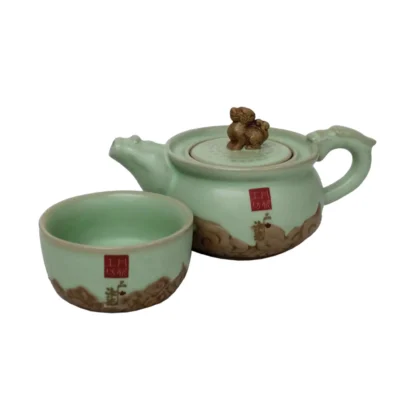
Reviews
There are no reviews yet.